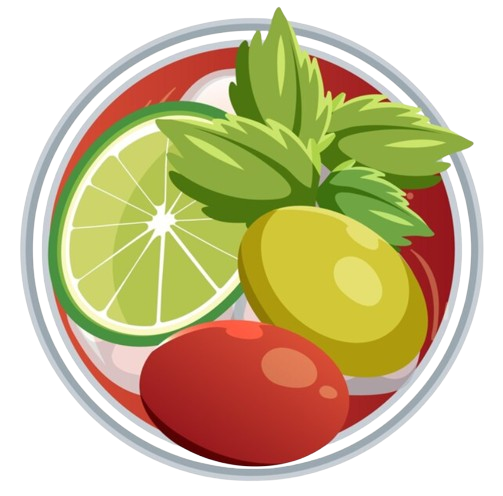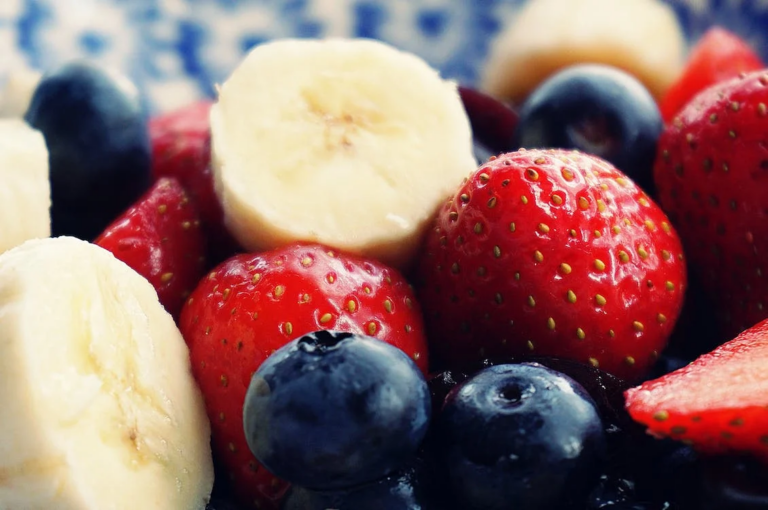The 12 Most Nutritious Fruits

Eating a range of healthful fruits provides the body with nutrients and antioxidants that can boost overall health. Good choices include oranges, blueberries, apples, avocados, and bananas, but there are many more to choose from.
Fruits are rich in fiber and a great source of important vitamins and minerals. Flavonoids are just one of the many antioxidants found in fruits that improve health.
A diet rich in fruits and vegetables can lower a person’s risk of diabetes, cancer, heart disease, and inflammation. Berries and citrus fruits may be particularly effective in warding off illness.
The nutrition and numerous, varied health benefits of these and other fruits are examined in this article.
Due to their numerous health advantages, lemons are a citrus fruit that is frequently used in traditional medicine. They contain vitamin C and other antioxidants, just like other citrus fruits.
It is vital for human health to have antioxidants. These substances absorb free radicals from the body, which can harm cells and cause illnesses like cancer.
Lemons
Lemon and other citrus fruits are thought to contain flavonoids that have antibacterial, anticancer, and antidiabetic qualities, according to researchersTrusted Source.
Lemons and other citrus fruits are rich in health-promoting phytochemicals, which are active ingredients. Among them are:
- vitamin C
- folic acid
- potassium
- pectin
The juice from one 48 g lemon containsTrusted Source the following nutrients in grams (g) or milligrams (mg):
- 10.6 calories
- 3.31 g carbohydrate
- 49.4 mg potassium
- 18.6 mg vitamin C
- 2.88 mg calcium
- 0.1 g of fiber
Lemons also contain thiamin, riboflavin, niacin, vitamin B-6, folate, and vitamin A.
Read more about the health benefits of lemons and lemon water.
How to eat lemons
Use the juice of a lemon to flavor drinking water or squeeze over a salad or fish.
Try adding lemon juice to boiling water with a teaspoon of honey to help soothe a sore throat.
It is also possible to eat the rind of organic lemons. Some people use the rind in recipes.
Strawberries
Strawberries, those delightful red fruits bursting with juicy sweetness, are not just a treat for the taste buds but also pack a punch in terms of health benefits. They boast a high water content and are a rich source of dietary fiber, essential vitamins, and minerals. One standout component found in strawberries is anthocyanins, powerful flavonoids known to bolster heart health. Alongside this, their fiber and potassium content contributes significantly to maintaining a healthy heart.
In a compelling study, individuals regularly consuming three or more servings per week of strawberries and blueberries (both recognized for their anthocyanin richness) displayed a lower risk of experiencing heart attacks compared to those with a lower intake. Furthermore, strawberries contain quercetin, a natural anti-inflammatory compound that adds to their healthful profile. Just a cup or 150 grams of strawberries provide a range of nutrients such as carbohydrates, fiber, calcium, magnesium, potassium, and a hefty dose of vitamin C.
Oranges
Oranges, with their vibrant color and tangy-sweet taste, are not just a flavorful snack but also a nutrient powerhouse. They’re particularly famed for their high vitamin C content, known to bolster the immune system and act as a potent antioxidant. Moreover, oranges contain pectin, a fiber known for its colon-cleansing properties. These fruits also boast vitamin A, various B vitamins like thiamin and folate, and other essential nutrients that contribute to overall health. Regular consumption of oranges has been associated with improved cardiovascular health and a decreased risk of certain diseases.
Limes
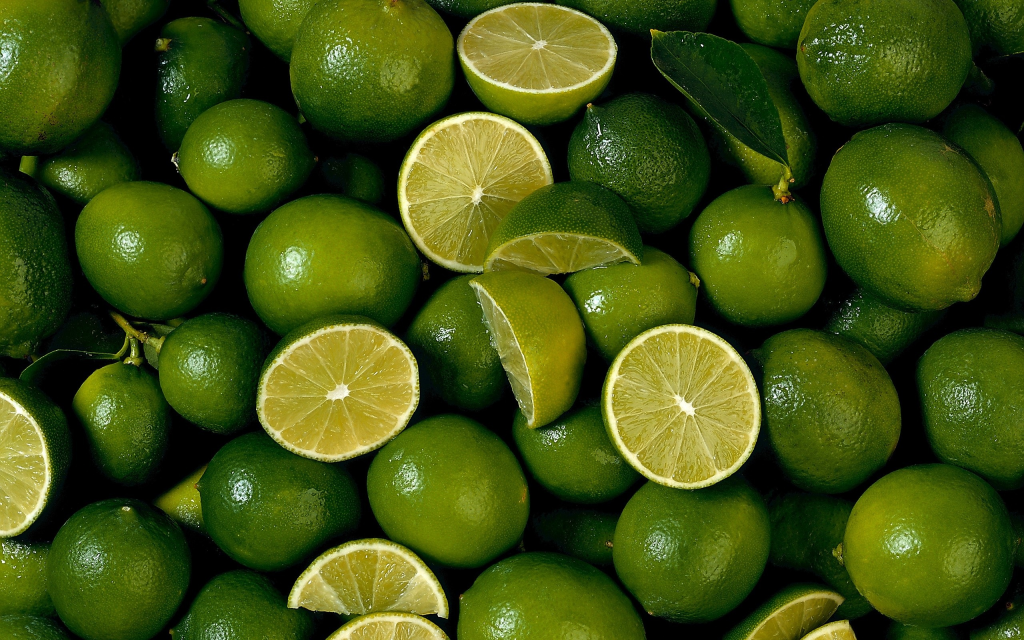
Sour yet zesty, limes share their citrus cousins’ health benefits, predominantly owing to their rich vitamin C content. With every squeeze, limes deliver essential nutrients like carbohydrates, calcium, magnesium, potassium, and a good dose of vitamin C, contributing to overall health and well-being.
Grapefruit

Grapefruits come in a spectrum of colors and are renowned for their array of health benefits. They contain flavonoids that are believed to offer protection against various health conditions, from cancers to obesity. Research suggests that compounds found in grapefruits may combat oxidative stress and even potentially prevent tumor growth. However, it’s crucial to approach grapefruit consumption cautiously if on specific medications, as it might interact adversely. Detailed nutrient information for half a grapefruit is available.
Blackberries
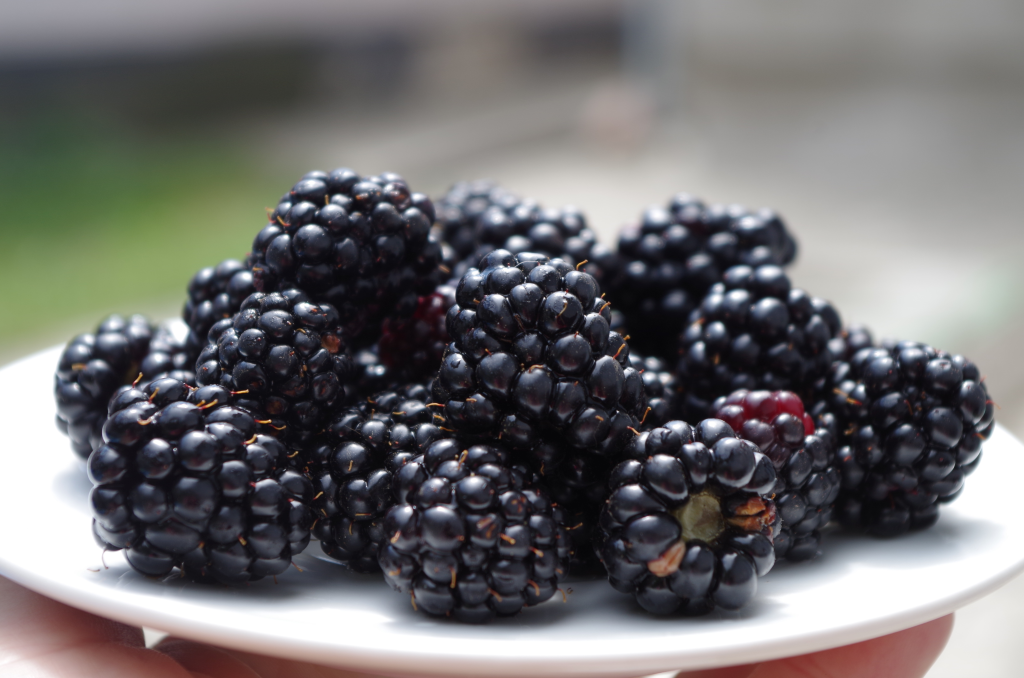
These little bundles of joy, known for their deep hue and tart sweetness, not only tantalize the taste buds but also offer substantial health benefits. Laden with anthocyanins and fiber, blackberries work wonders for gut and heart health. Just half a cup of these berries provides a wealth of nutrients, including carbohydrates, fiber, calcium, magnesium, potassium, and vitamin C, making them an excellent addition to any diet.
Apples
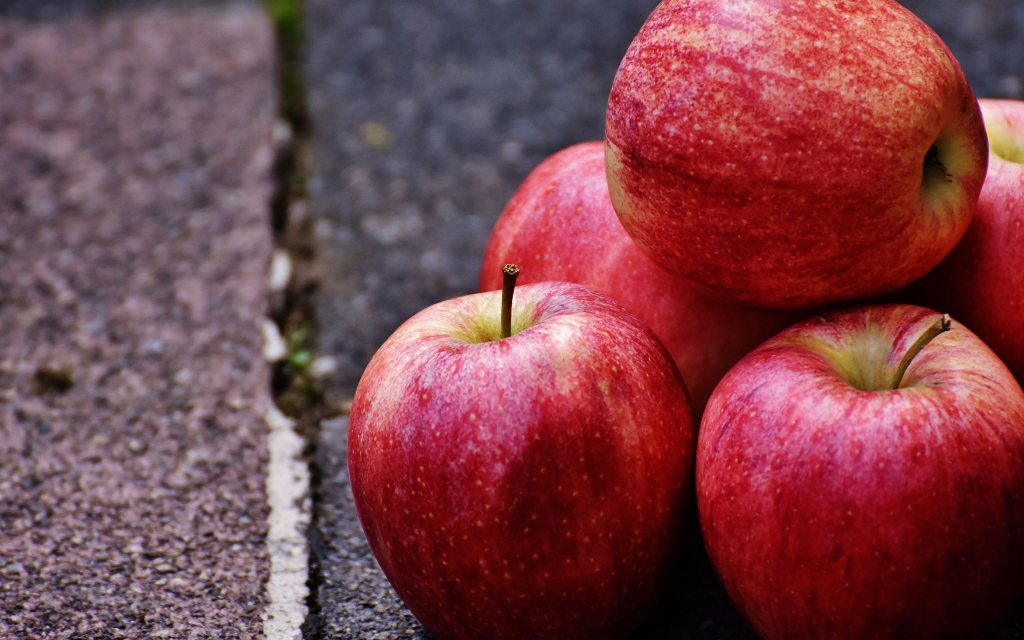
The saying “an apple a day keeps the doctor away” might hold some truth! Apples, especially when consumed with their skin, are a goldmine of dietary fiber that aids in heart health and promotes weight loss. Packed with pectin, apples are champions in maintaining a healthy gut. Research suggests that regular apple consumption might reduce the risk of cardiovascular diseases, certain cancers, and diabetes. The nutritional content of an average apple is quite impressive, offering a blend of carbohydrates, fiber, potassium, calcium, and vitamin C.
Pomegranate
Often hailed as a ‘superfood,’ pomegranates are a treasure trove of antioxidants and polyphenols, renowned for their ability to combat oxidative stress, a factor contributing to various diseases. Studies suggest that these ruby-red jewels possess anti-inflammatory effects and might offer protection against neurodegenerative conditions like Alzheimer’s and Parkinson’s diseases. Pomegranates, enriched with polyphenols, may also hinder the growth of prostate cancer cells. A raw pomegranate carries an impressive nutritional profile, including carbohydrates, fiber, potassium, calcium, vitamin C, and even vitamin K, essential for bone strength and blood cell health.
Pineapple
This exotic fruit isn’t just a tropical delight but also potentially contributes to reducing inflammation and supporting digestive health. Pineapples contain bromelain, an active compound associated with various health benefits. While more research is needed, bromelain is suggested to aid in reducing nasal inflammation and sinusitis. Alongside this, pineapples offer a dose of manganese, vital for bone development and tissue health. The nutritional breakdown of a slice of pineapple showcases its carbohydrate, fiber, potassium, vitamin C, calcium, and manganese content.
Bananas
Bananas, the go-to fruit for a quick energy boost, are lauded for their high potassium content, a crucial element in maintaining blood pressure levels. These versatile fruits also serve as a good source of carbohydrates, aiding in providing sustained energy. Additionally, bananas pack a punch of fiber, promoting regular bowel movements. A single banana carries a blend of nutrients, including protein, calcium, magnesium, and a moderate dose of vitamin C.
Avocado
Often referred to as a ‘superfood,’ avocados possess a rich content of oleic acid, a monounsaturated fat that aids in lowering cholesterol levels. Maintaining healthy cholesterol levels with the help of healthful fats may potentially reduce the risk of heart disease and stroke. Alongside its richness in potassium, avocados contain lutein, an antioxidant crucial for maintaining healthy eyes and skin. A single avocado holds an impressive array of nutrients, including protein, carbohydrates, fiber, calcium, magnesium, potassium, vitamin C, and additional essentials like folate and beta-carotene.
Blueberries

Like their strawberry counterparts, blueberries boast anthocyanins, potent antioxidants believed to contribute to heart disease prevention and other health conditions. They also contain pterostilbene, a compound potentially aiding in preventing arterial plaque buildup. Half a cup of these little blue marvels carries a nutritional payload, offering carbohydrates, fiber, calcium, potassium, and a modest dose of vitamin C.
